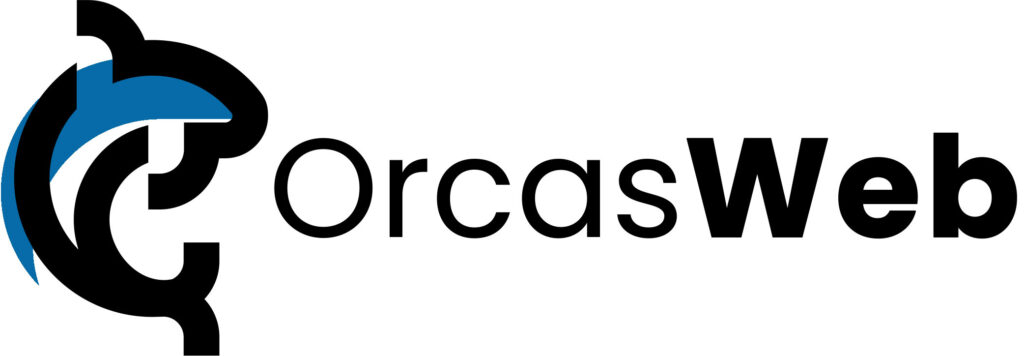A domain registrar, or specifically a domain name registrar, is a company that sells domains; registering them by managing and organizing the records of ownership of any domain names sold through them. If a customer buys a domain, then that sale needs to be publically recorded for the benefit of everyone accessing that market. Domain registrars are essentially online marketplaces and record-keepers for virtual space on the World Wide Web. It is also common, though not required, for domain registrars to provide additional services related to their domain products, specifically features like hosting, FTP, and ESO optimization. These services usually come with a higher price tag, but are equally sound products.
Who are common domain registrars?
What are common domain registrars and how do they work?
Groups such as Enom, Network Solutions, and GoDaddy are all domain registrars. Like any retail business they specialize in marketing and selling their product, specifically domain registration. Different models have been adopted by these companies to try to maximize profits and gain an edge over each other. Groups such as GoDaddy and Hostgator have become known for much more than just registration of domains, for better or for worse. For example, GoDaddy sells their domains for very little money compared to some other registrars, and they can successfully turn a profit because they can upsell customers on many other services like hosting, web development, and site building. Whereas a registrar like Enom focuses on selling domains for a bit more but selling in bulk by offering reseller privileges to third parties. Small hosting companies can use Enom as their personal registrar then resell domains through their own name, expanding Enom’s outreach at the cost of lower brand name exposure.
How do you know they are legit?
All official registrars must be accredited by a Generic Top Level Domain or gTLD. Additionally WHOIS records are required to list the owner of any officially registered domain, ensuring that any potential customer can verify the ownership of the domain they are looking for, all at their convenience. Crosschecking domain registrars with the online community is one of the most effective ways to verify legitimate sources for digital products.
Do extensions cost the same amount from every registrar?

Disclaimer taken from the GoDaddy Website.
Registrars are in business for profit and actively compete with each other, so the pricing of individual extensions will vary between registrars and even between related extensions and domains. Market value for individual domain names, and specific extensions fluctuates based on consumer trends across the online world. Individual registrars may also modify their pricing based on other features they may offer, or require, for customers that purchase one extension as opposed to others. Therein lays the benefit of having such a variety of domain registrars in the market enabling customers to take advantage of price fluctuations to purchase the right combination of popularity and affordability in their domain name extension.
Services such as TLD-List.com make it easy to see, on any given day, which registrars are offering the cheapest registration and which are offering the cheapest renewal. Other resources such as online magazines or third party reviews can go a long way in informing prospective buyers about the features, tricks, and opportunities domain registrars utilize to sell their products.

